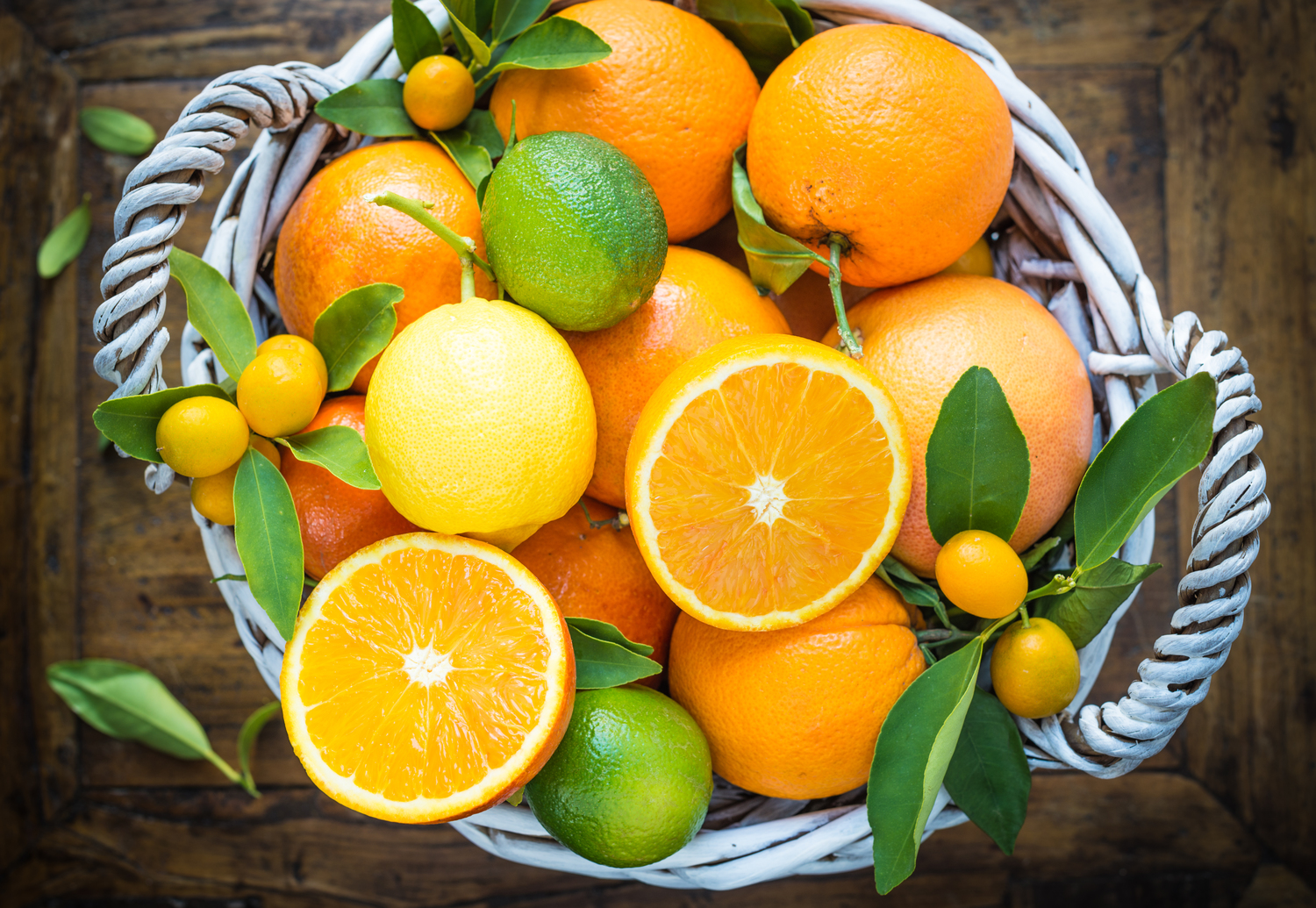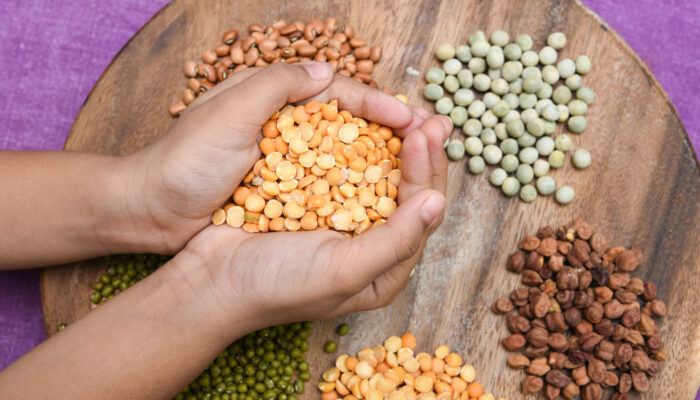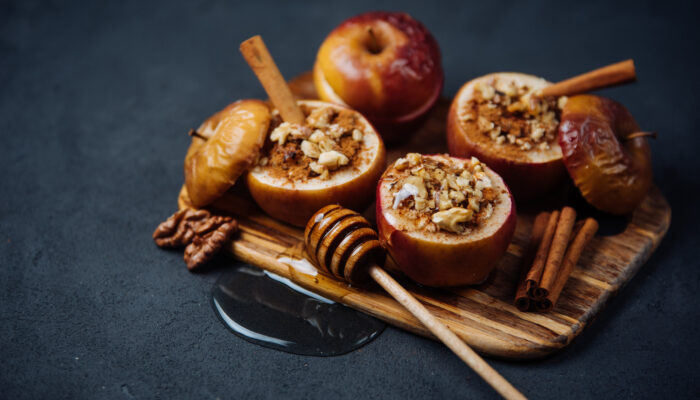
IBS: Dietary Tips and Foods to Avoid
Irritable bowel syndrome (IBS) is a condition that affects the bowels, and it can severely impact the quality of life, causing constipation, diarrhea, abdominal pain, and other such symptoms. Diet plays a key role in managing IBS, and this article lists out the best dietary tips for patients to help them manage the condition and lead a quality life:
1. Foods to avoid
One of the most effective dietary tips for IBS patients is to identify the foods that can trigger the symptoms of the condition. This can be done by following an elimination diet, wherein a particular food item is removed from the diet and then slowly reintroduced, and the symptoms are monitored for any changes. If there is a change in the symptoms or if the food item is leading to flare-ups, it can be eliminated from the diet.
Some of the foods that commonly worsen the symptoms of IBS are mentioned here:
- Coffee
- Chocolate
- Nuts
- Food made from refined grains
- Chips, cookies, and other such processed foods
- Milk products
- Alcohol
- Fried foods and high-fat foods
- Wheat and foods having gluten
- Fruits like mangoes, apples, cherries, plums, and blackberries
- Vegetables like cauliflower, onions, beetroot, asparagus, Brussels sprouts, and mushrooms
It must be noted that the trigger foods vary from person to person, and what is safe for one person may aggravate the symptoms for another.
2. Dietary fiber
IBS patients may experience constipation, diarrhea, or even both at times. Those who have diarrhea should avoid consuming foods with insoluble fiber and opt for foods with soluble fiber like oatmeal, carrots, and berries instead. This must be tried on an elimination basis to avoid any further complications.
On the other hand, those affected by constipation need fiber in their diet. This is because fiber helps add bulk to stools, providing relief from constipation. Fruits, vegetables, and whole grains should be consumed to aid this. However, those experiencing gas should leave out grains from their diet and only consume fruits and vegetables.
3. Dietary tips for IBS patients
The following dietary tips for irritable bowel syndrome can help manage the symptoms and alleviate discomfort:
- Avoid overeating and eat small portions of food to prevent bloating.
- Eat at regular timings and at the same time every day.
- Eat slowly and avoid rushing through meals. It is important to chew the food well before swallowing to ensure proper digestion and prevent the worsening of symptoms.
- IBS patients need to drink plenty of fluids, and particularly, more water. At the same time, carbonated drinks and coffee must be avoided, and alcohol must also be strictly avoided.
- Some people may be intolerant to lactose in dairy products. In such a case, they should avoid all dairy products and replace them with soymilk, almond milk, or rice milk. For others, low-fat milk products should be preferred instead of the full-fat ones.
- Eating cooked vegetables and fruits without the skin is recommended for those who experience bloating.



